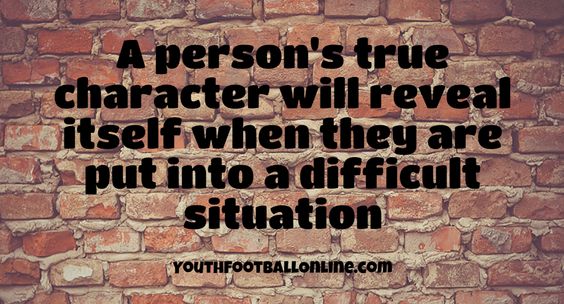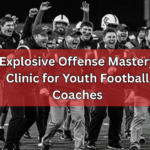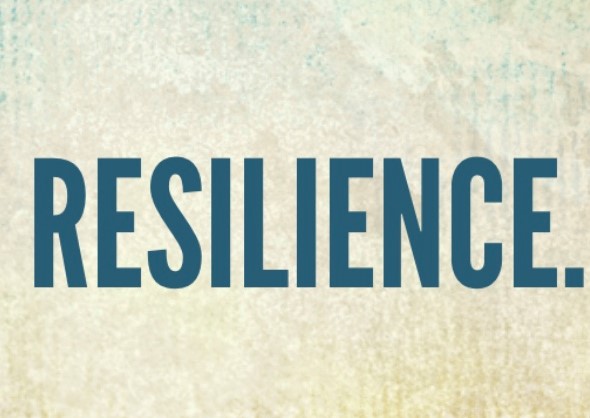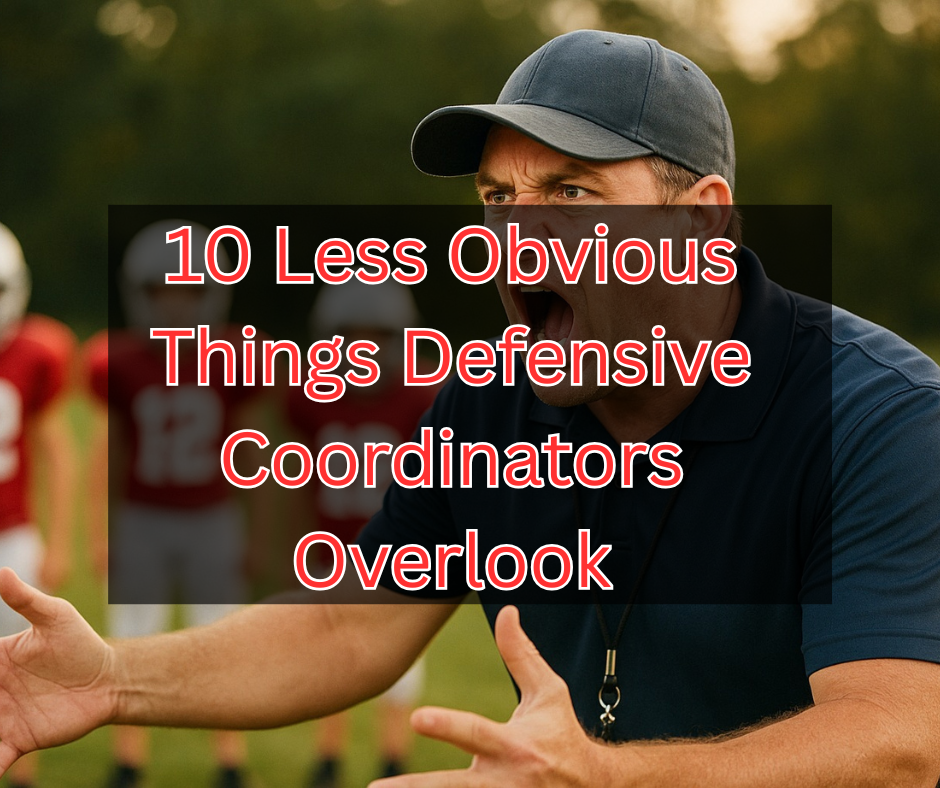8 Rules of Good Sportsmanship for Coaches
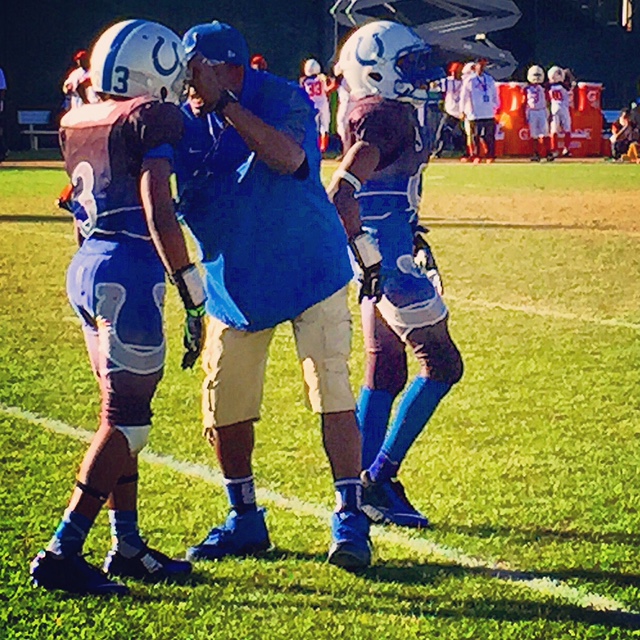
Here are the 8 rules of good sportsmanship for coaches. There are many coaches that are caught up entirely on winning. Don’t get me wrong, you shouldn’t do anything to lose, nor should you accept failure. But! When it comes down to it there is a bigger picture here. It’s all about teaching our youth to be humble in victory and in defeat. These rules apply during practices, games, and in any other team activities. I feel very strongly in these 8 rules of good sportsmanship for coaches, read and comment below…
1. Integrity
The clear cut # 1 rule of good sportsmanship is INTEGRITY. Coaches need to be honest and play/coach within the rules. As educators of youth, we have a responsibility to lead by positive example. Sportsmanship is all about playing hard and playing within the rules. Never try to win at the expense of the kids. Always do the right thing! The right thing regarding- playing time, player recruitment, injuries/safety, playing within the rules, being professional, and dealing with parents. Stay true to your core values. Oh, one more thing, don’t play favorites. Favoritism kills teams.
2. Be Professional
All coaches need to maintain a high level of professionalism when dealing with parents, players, and other coaches. Coaches need to show up every practice and game day dressed like a coach (look the part). Coaches need to talk professionally and never curse around the kids and parents. Be approachable. Have a good relationship with your parents, players, and coaches. Always take time and engage with the parents. Be organized! There is one trait that all professional people have in common, they are all organized. If you have any disagreements with other coaches or parents, take it up with them after practice and in a private place (be professional and civilized of course).
3. Encouragement
Always support your coaches, players, and parents. Encourage your coaches. Listen to your fellow coaches. Support your players. We have one main rule for our kids and that rule is EFFORT. All we ask for is effort. As long a player is giving effort I will not be mad. Reward your hardworking players with playing time. Encourage effort and address the kids that aren’t giving consistent effort. If you reward the kids that give effort they will ultimately play harder for you. Encourage the parents to put in the effort as well. Do your best to make sure that your parents understand that their kid needs to be at practice. Encourage the parents to support the team and other players. When the parents get along with the coaches, they will get their kid to practice.
4. Don’t Argue
A coach’s true character will reveal itself during tough situations. When things aren’t going well you will see coaches arguing on the sidelines and at practices. The worse you can do in front of the players and parents is argue on the sidelines. If a coach can’t handle adversity and is a constant annoyance, he shouldn’t be on your coaching staff. Coaches talk about how the players need to play as a team, well most importantly, it all beings with the coaches working together as a team. Head coaches need to clearly define the roles of assistant coaches. It’s also the head coach’s job to maintain order and control on his sidelines and at his practices. The head coach should handle all referee discussions as well. The last thing that a ref wants to hear is 5 coaches, 8 players, and 15 parents screaming at him. Surround yourself with quality coaches. If you have a coaching staff full of difficult people that can’t handle tough situations it is going to be a long season for you.
Here is an excellent article I wrote regarding- Selecting the Right Coaching Staff.
5. Don’t use Excuses
No one is impressed with how good you think your excuses are. Don’t blame the players. Don’t blame the parents. Don’t blame the referees. Always own your failures as a coach. Don’t try to pass the blame. Take the loss and learn from it- move on. It’s always difficult to maintain composure when a referee makes a questionable call that dictates the game. But let’s be real about this- I’m sure there were instances throughout the game when your team and/or coaches made a mistake. 99% of the time it is the players and the coaches that dictate the game, not the referees. I’m sure after watching the game film you will see missed opportunities throughout. Excuses are unprofessional and are extremely WEAK.
6. Don’t Boast
Things are always more fun when you win. You always want to celebrate victory. We even have fun chants we do after we win. Working towards victory is why you even compete in the first place. But remember, nobody likes a bragger. There is a big difference between being cocky and being confident. When you win, act like you’ve been there before. We tell our players whether we win one game a season or we win every game during a season, we need to act professional after victory. We will act like we have been there before. We will act like the victory is just business as usual. Always shake hands and tell your opponent ‘good game’.
7. Listen to Fellow Coaches
Coaching staffs need to work together. Coaches need to be on the same page. Head coaches need to issue responsibilities to their assistant coaches and listen to their feedback. All coaches need to feel part of the team and need to feel that they can offer value. Most
8. Stay Positive
Always stay positive! No matter how bad the situation may be. You want to give off a confidently- positive vibe. Always encourage and be optimistic. Always believe that you will achieve victory. Never give up. If you are losing 30-0, still compete. Pride yourself on winning the tough situations. Every single successful person I know is confident and is always positive. When you are consistently in a positive environment, positive things will eventually happen.
Must read article- Coaching with a Positive Attitude

